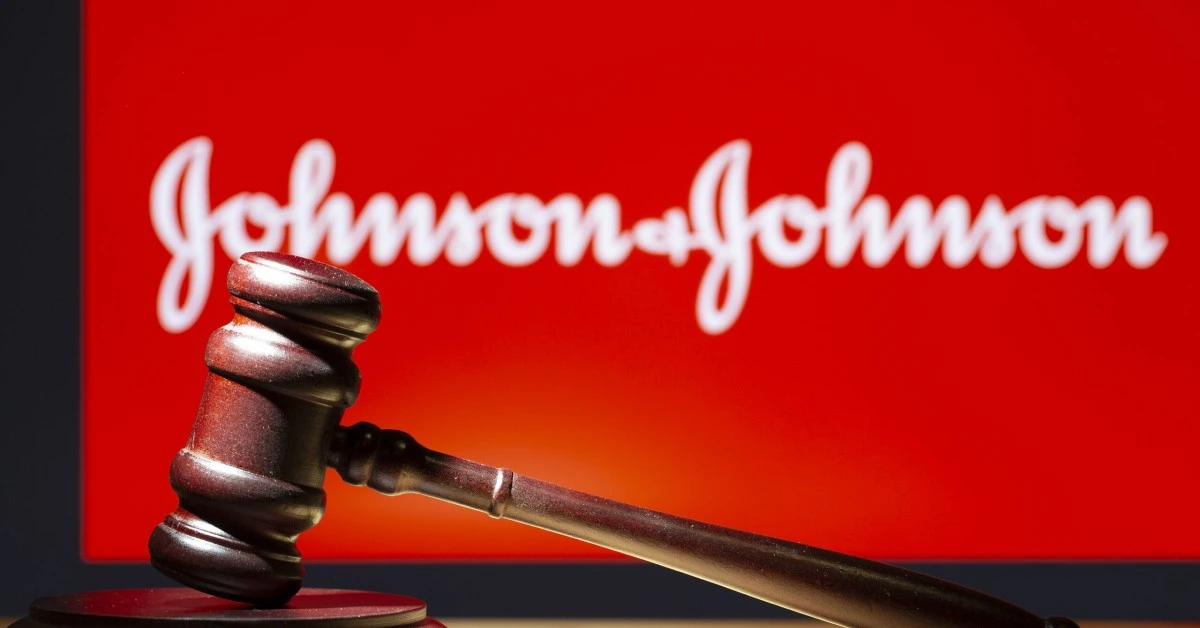
USA – A U.S. bankruptcy judge has rejected Johnson & Johnson’s US $10 billion proposal to resolve tens of thousands of lawsuits alleging its baby powder and other talc products cause ovarian cancer.
This marks the third failed attempt by the pharmaceutical giant to settle the lawsuits through bankruptcy proceedings.
U.S. Bankruptcy Judge Christopher Lopez, presiding over the case in Houston, ruled that J&J did not belong in bankruptcy, noting that the proposed settlement lacked sufficient support from the affected women.
Additionally, the settlement overreached by attempting to release legal claims against entities that were not part of the bankruptcy filing, including retailers that sold J&J products and Kenvue, a consumer health business spun off by J&J in 2023.
“While the Court’s decision is not an easy one, it is the right one,” Lopez wrote in his ruling, emphasizing that the proposal’s issues were too significant to resolve through bankruptcy proceedings.
J&J had hoped to settle the lawsuits through a subsidiary company’s bankruptcy, following two previous failed attempts in other courts.
The latest proposal, presented in Texas bankruptcy court, was backed by a majority of cancer victims who voted on it, according to J&J.
The company reported that it had obtained 83% of the plaintiffs’ support from 90,000 votes. However, Lopez found that “at least half should not be counted” due to procedural flaws.
According to Lopez, some attorneys voted on behalf of their clients without proper authority, while others claimed to have obtained client consent without providing proof of direct communication.
Furthermore, he criticized J&J for “unnecessarily rushing” the voting process, forcing plaintiffs’ lawyers to cast votes on behalf of their clients rather than allowing them to vote individually.
Critics slam J&J’s strategy
Andy Birchfield, an attorney representing plaintiffs opposed to the settlement, called J&J’s bankruptcy strategy a “bad-faith maneuver to avoid full accountability.”
He welcomed the ruling, stating, “With this ruling, we are now moving forward without delay to trial, where our clients will finally have the chance to present their cases before a jury and obtain the justice they deserve.”
J&J responded with a statement saying it would not appeal the ruling but had no intention of settling the claims.
Instead, the company plans to “return to the tort system to litigate and defeat these meritless talc claims.”
Opponents of the settlement, including attorneys for cancer victims and a government bankruptcy watchdog, have consistently argued that J&J is not experiencing financial distress, a critical requirement for filing for bankruptcy.
They assert that a wealthy company like J&J should not exploit bankruptcy protection to evade legal accountability.
Ongoing legal battle
J&J faces over 60,000 lawsuits alleging its baby powder and other talc products contained asbestos and caused ovarian cancer. The settlement aimed to prevent new lawsuits from being filed in the future.
The company maintains that its talc-based products are safe, asbestos-free, and do not cause cancer.
J&J discontinued selling talc-based baby powder in the U.S. in 2020, opting for a cornstarch-based alternative.
Despite its failed attempts to settle ovarian cancer claims through bankruptcy, J&J has successfully resolved lawsuits related to mesothelioma, a rare cancer linked to asbestos exposure.
Before the recent ruling, J&J estimated that ovarian cancer claimants would receive between US $75,000 and US $150,000 under the settlement, depending on injury severity and the number of covered claims.
XRP HEALTHCARE L.L.C | License Number: 2312867.01 | Dubai | © Copyright 2025 | All Rights Reserved